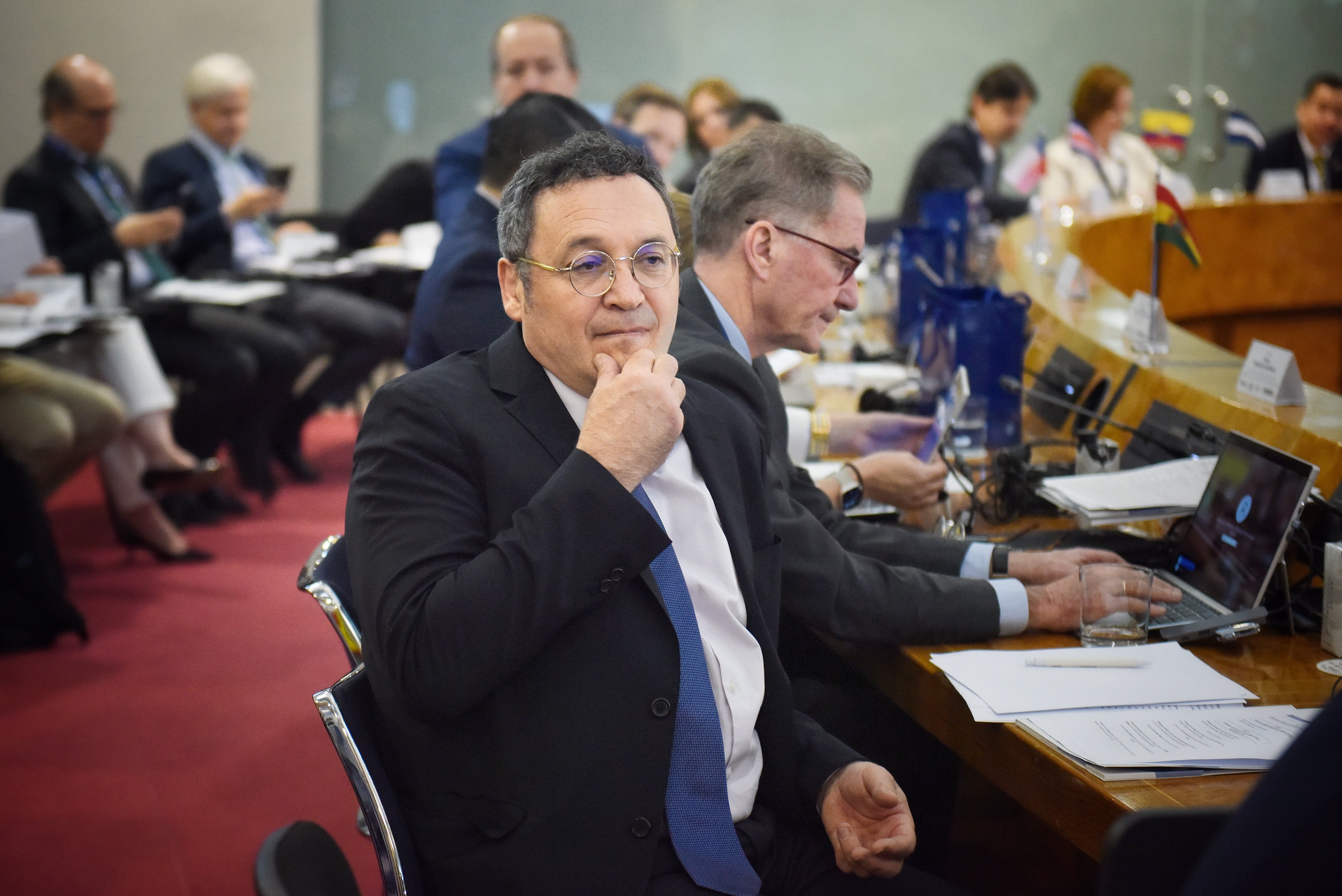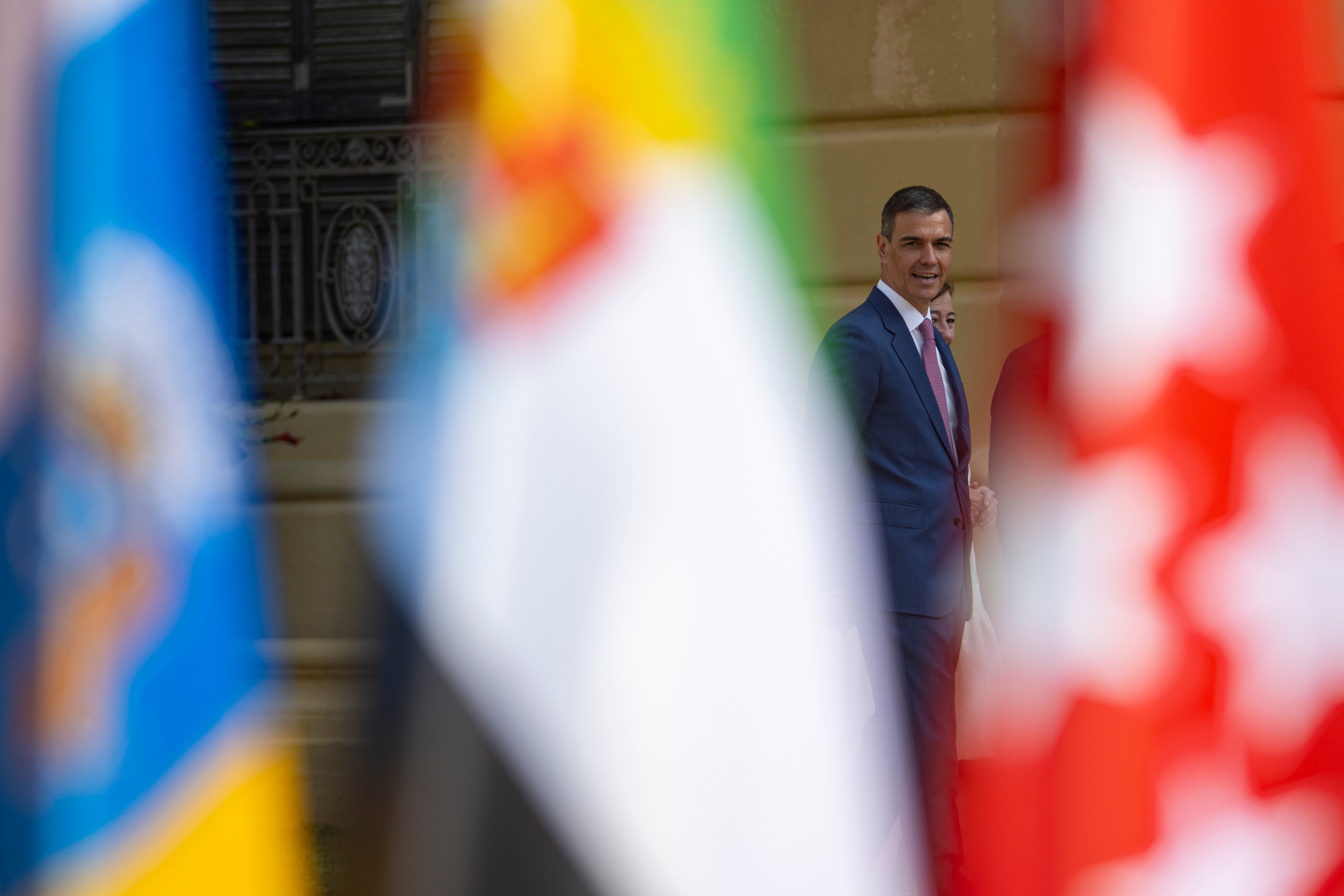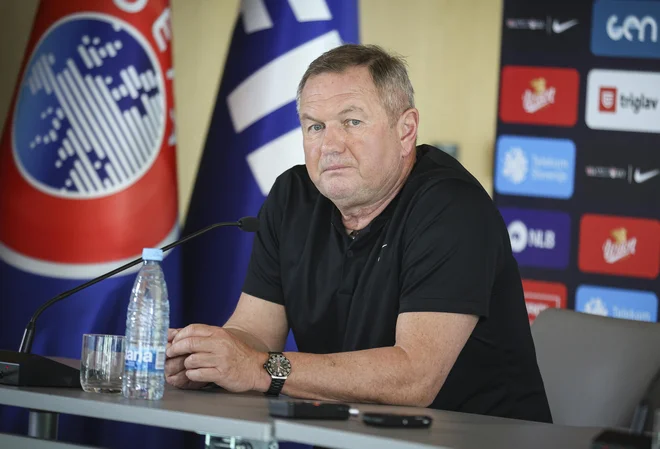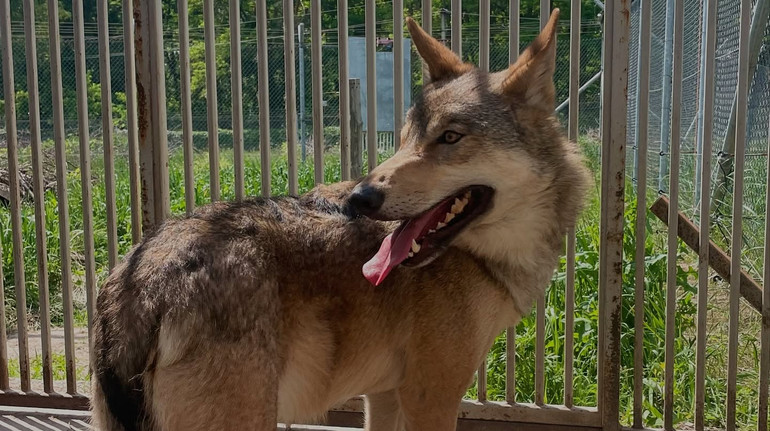Political violence, a pending subject in Basque classrooms | Spain
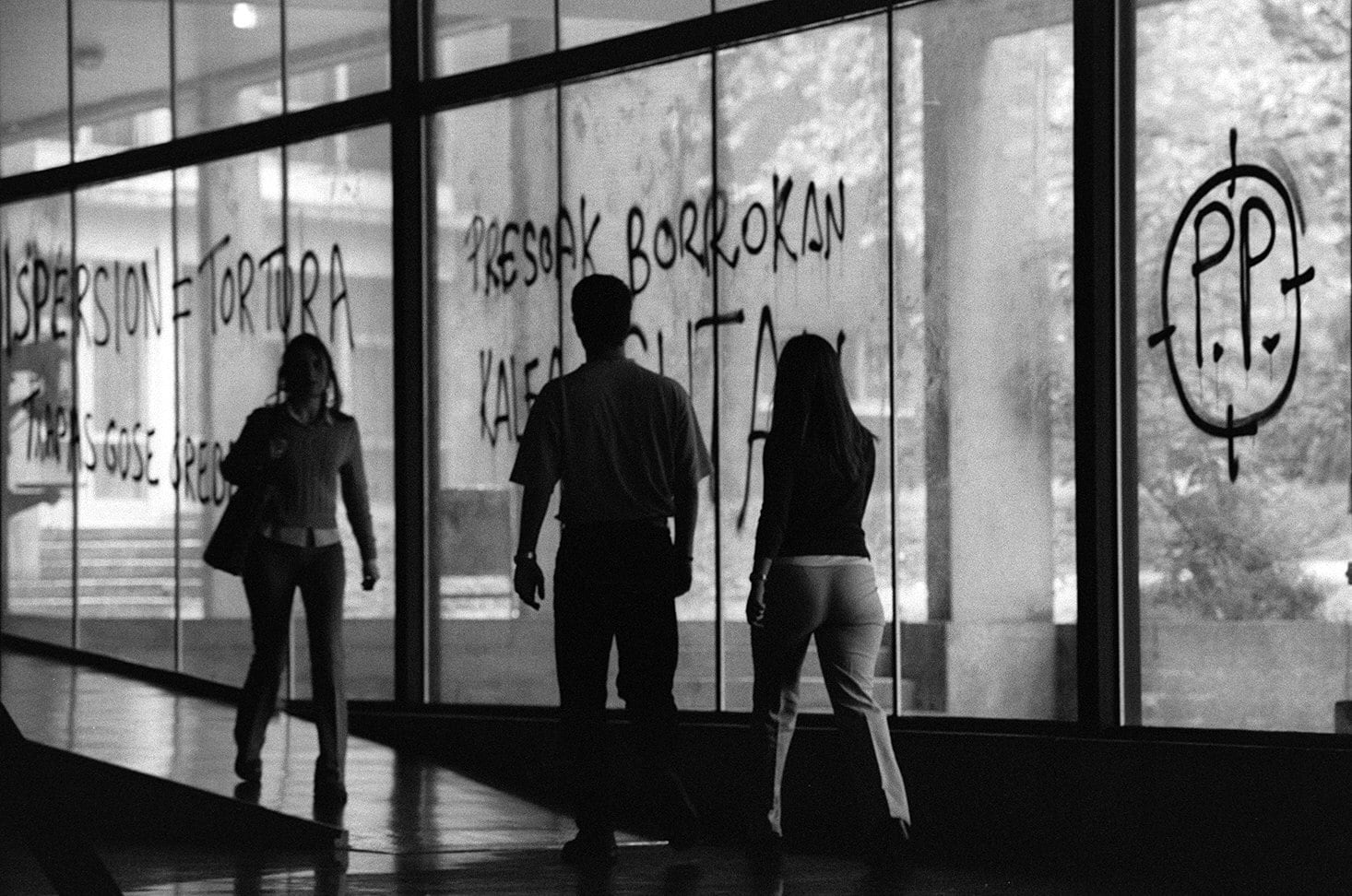
Terrorism marked Spanish political life and, particularly, Basque for more than four decades, From 1968 to 2011but only 25% of the non -university centers of the Basque Country address it, according to a study of eskubidity – forms of human rights education entities – which reveals Raúl López Romohistorian linked to the memorial of victims of terrorism, in Vitoria. Likewise, only 20 of those 800 centers have participated in Herenegun, the Basque Government's star educational program on Violence in Euskadi, since its inception in 2021, and only 5% have requested the presence of “educating victims” in their classrooms, according to Alberto Alonso, new director of the Institute of Memory of the Basque Country, Gogora, which has passed from the PNV to the PSE after the last change of the Autonomous Executive. Nor historical periods such as civil war and Francoism have proper treatment, says José Antonio Pérez, teacher and secretary of the Valentín de Foronda Institute.
« Terrorism, especially that of ETA, has been the phenomenon that has most singled us in recent decades and has barely a presence in the classroom, » says López Romo, which states: « In the Basque educational curriculum, the reference to terrorism is minimal, decontextualized, lost in the international level. It is only addressed with the ESO room history subject – students between 15 and 16 years old – in the section referring to human rights. ”
Lacking a specific epigraph, its treatment depends on teachers, López Romo clarifies. The result is that only 25% of non -university centers address it. He estimates that teachers, especially public education, by sympathizing widely with the left Abertzale « It reflects your union affiliation, » he refuses his treatment. Alonso, new director of Gogora, estimates that this teaching staff feels vertigo before the dirty past lived in Euskadi; And the same happens to numerous parents, who do not want problems. « There is a kind of covenant of silence that benefits the left Abertzale And also to the strategy of the PP to politically use the aggravated feelings of the victims of ETA, ”he adds.
It is also revealing, says Alonso, the experience of Herenegun, raised as the Basque Government Star Educational Program to treat violence. It began in 2021, after a conflictive preamble, and until 2024 only 20 of 800 centers and 4,146 students have participated. It was raised as a pilot program and from there it has not come out. Likewise, only 5% of Basque educational centers have asked for the participation of victims of ETA and the dirty war in the classrooms, promoted by the Basque Government at the end of terrorism until today. Alonso insists that, although Etarra terrorism predominated in democracy, Gogora also addresses the dirty war and will not avoid actions on the Matanza del Hotel Monbarin 1985, and the kidnapping and murder, two years before, of José Antonio Lasa and José Ignacio Zabalawhose victims were alleged Etarras.
The new director of Gogora says, after the experience of Herenegun, that there is an important demand in young people to know what happened and the parents who hinder that thirst for youth knowledge are frequent. López Romo thinks about her experience in the victims memorial. Pérez, who, as a teacher, maintains close contact with young people, draws from them a profile that prevents him from being pessimistic. “They reject violence. They are not ideologically radical. They are predominantly concerned about the social problems about identities, and discussing are tolerant. ”
Pérez argues that youth ignorance extends to civil war and Franco. « They arrive at the university with knowledge plagued with common places and myths, because although the treatment of Franco is more explicit than terrorism in the educational curriculum, the programs of the twentieth century are very constrained and are explained insufficiently. »
Ignorance about civil war
Many young people cause a shockPérez points out, to know that in the civil war there were so many Basques on the coup-channel bundle, in which Carlismo militated, as in the Republican, where PNV and the Basque nationalist action (ANV) were aligned, or when they find out that the Francoist repression in the war and postwar was superior in Andalusia and Extremadura than in Euskadi. Or when they know that more than 90% of ETA murders occurred after the dictatorship.
Alonso summarizes that the most recurrent youth myths, influenced by the weight of nationalism, are the vision of an Euskadi attacked in his identity by Spain and the justification of ETA for the repression and Franco and posterior torture. Luis Castells, veteran historian of the UPV, He points out that the left Abertzale He has managed to permeate his speech on the historical conflict of Euskadi against Spain to justify Etarra terrorism against the reality that he tried to demolish democracy and autonomy, such as coup and the extreme right.
The new director of Gogora adds that the reluctance of the PP to condemn Franco – as the fiftieth anniversary of the dictator's death shows or when The Government took its remains of Cazgamuros– hinders the pedagogical work. Nor does the gross Bildu identification with ETA that the PP makes, as well as the use of ETA victims delving into another myth: the victims of the Francoism are left and those of ETA of the right. Alonso, Pérez and Castells consider that teachers must break those myths and offer young instruments to forge their criteria.
The desire of young people to know the past and the insistence on the part of the teaching staff for disseminating it so that the story is not repeated encouraged Gogora and the memorial to persist. López Romo reveals a survey of the victims memorial made to a thousand professors from all over Spain: 90% claims greater presence of the treatment of terrorism in regulated education and textbooks.
The new director of Gogora advances that, despite the failure, he will maintain herenegun for the commitment of his participants and because he considers that with the improvement of teaching materials, a greater historiographic weight and the participation of students, it will obtain results. « The whole problem is not in the political context, » he says.
The concern to incorporate the treatment of political violence increases in Euskadi. It contributes the social impact of films, documentaries and series that address it. In January, several UPV history teachers consulted Gogora to include it in the selectivity and requested support, Alonso said. “The twentieth century is insufficiently treated and affects terrorism, civil war and Franco. We are going to address it, but a plan on a subject as sensitive as political violence needs time, ”according to one of the promoters.
Castells values this step. But he believes fundamental that the Ministry of Education of the Basque Government, under the PNV, is involved to introduce the political violence in the room of the room of ESO. López Romo shares it and adds the need to expand the testimonies of victims in classrooms and visits to emblematic places. The new director of Gogora is confident that the Ministry of Advance in that direction: « There is a favorable pressure and a commitment of the new Basque Government to what education and Gogora we collaborate in the educational dissemination of violence in Euskadi, » he concludes.


